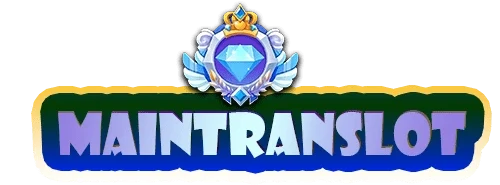The notion of gaming as a solitary pastime has faded, and PlayStation has been at the forefront of 히어로 주소 this social shift. Over the years, Sony has championed titles that not only provide entertainment but also build communities and friendships. Whether it’s strategic cooperation in the “Monster Hunter” series or competitive excitement in “Gran Turismo,” these experiences transform solo entertainment into shared adventures—arguably one of the key characteristics of some of the best games.
On the console side, “Monster Hunter: World” exemplifies this perfectly. It encourages players to team up, plan hunts, and overcome gargantuan beasts—fostering a camaraderie that goes beyond just gameplay. Meanwhile, older PSP titles like “Monster Hunter Freedom Unite” and “Metal Gear Solid: Peace Walker” relied on ad-hoc multiplayer, proving that even handheld PlayStation games could bring players together in local co-op moments. That framework helped nurture communities long before online play dominated.
Then there are creative ecosystems like “LittleBigPlanet” and “Dreams.” These titles empower players not just to play but to build and share their own creations. Online player-driven levels, art, and mechanics thrive in vibrant communities. Through these tools, PlayStation games become platforms of expression, creativity, and collective storytelling—showing that some of the best games are those that turn players into collaborators.
Even the PSP’s legacy supports this sense of connection. While limited to offline play, titles like “Patapon” allowed friends to link up and sync rhythms on the go. That communal element, tied to playful yet precise mechanics, speaks volumes about the handheld platform’s reach. It reminds us that friendships can be forged in living rooms or on park benches—wherever PlayStation games are played together.
Ultimately, the best PlayStation games aren’t just about isolated excellence—they’re about shared experiences. From console raids to handheld vibe-sharing, Sony has consistently nurtured community-driven moments. Those experiences have shaped the way people view gaming: not just as play, but as connection—and that is its greatest legacy.
